To maintain a healthy and beautiful smile, dental drills are a necessity for dentists. These handy tools help with eliminating decay from teeth, as well as prepping them for fillings, crowns, and more. Furthermore, they can be utilized to delicately refine the shape and texture of the tooth enamel for enhanced aesthetics.
As far back as the late 1800s, mankind has made use of dental drilling, and since then, advancements in technology have revolutionized the accuracy and swiftness of the tool used. In the current day, a diversity of dental drills have been crafted to optimize individual procedures.
Compressed air powers the most commonly used dental drill – the air-turbine drill. This machine is responsible for eliminating dental decay and preparing the tooth for subsequent procedures, such as fillings. While these devices can perform their task expediently, they are also notorious for the noise and vibrations they create. To lessen these effects, some air-turbine drills are equipped with sound-dampening systems, providing an environment that is both quieter and more comfortable.
The electric handpiece is a specialized drill that runs on electricity for more precise performance. It’s much quieter compared to its air-turbine counterpart, and is applied for more delicate processes like crown preps and implant placements.
For more precise work on a tooth, sonic or ultrasonic drills are often employed. These drills produce sound waves that work to loosen decay from the tooth, breaking it up so that it can be easily removed. Furthermore, such drills are also exceptionally useful when preparing the enamel of a tooth for fillings and other dental treatments.
Along with the essential drills, there are a few extra components utilized in dental drilling. These include burs, diamonds, and polishers. A bur is a tiny, circular implement used to form and simplify the tooth surface. After the bur has finished its job, heaps of diamonds and polishers enter the scene to refine and smooth it to perfection.
Dentistry requires a high degree of sophistication, from the dentist’s understanding of the various tools involved to their ability to guarantee safety and protection for the patient. Proficiency in wielding a dental drill necessitates skill and absolute precision since there is an array of dust and debris it may produce. Thus, dentists must be well equipped with knowledge of the diverse drills as well as ways to keep their customers from any form of harm.
An integral component of the dentist’s profession is the dental drill. Its function is to abrade cavities, contour teeth for fillings and crowns, or refine their looks. There are several sorts of drills created to complete specialised roles, and a competent dentist must comprehend these varieties of drills and their respective operations- plus the requirement for safety procedures- to make use of them proficiently.
The usage of drills in the world of dentistry stretches back centuries in order to get rid of diseased dental tissue, or shape and even out the sides of the teeth. Nowadays, these drills are an integral part of any dentists’ arsenal. This article seeks to provide information on the various types of drills utilized in dentistry, highlighting both the pros and cons of each option, as well as safety precautions undertaken for both practitioner and patient alike.
Dentists typically find themselves turning to air turbine drills during their practice, thanks to their significant rotational speed and ability to effectively remove decayed tooth tissue and craft the surface of a tooth with precision. While these drills perform their job admirably, they have one noteworthy downside: they can be noisy and cause vibrations that make for a less than enjoyable patient experience.
Dentistry frequently employs electric drills that run on electricity. Rather than being as loud as air turbine drills, electric drills operate more quietly. These machines might not be as fast, but they deliver a higher level of accuracy and precision when it comes to drilling deeper down into the tooth. Unfortunately, electric drills demand more upkeep and could call for a greater financial investment than air turbine drills.
Unlike air turbine and electric drills, laser drills are powered by light. Not only are these impressive machines extremely precise and capable of reaching deeper beneath the tooth, but they are also far quieter than their traditional counterparts – making them highly desirable in modern dentistry. However, the price tag attached to laser drills is considerably higher than that of other drills.
The importance of adhering to safety protocols while using a drill is paramount. To safeguard both patient and practitioner, the drill should be properly sanitized before and after its use. In addition, the bit must remain sharp and free of residue particles. Additionally, the patient should equip protective eyewear to prevent any potential trauma from flying fragments. It is also wise to utilize defensive gloves and a face mask for additional protection.
To sum up, dental drills are a core piece of equipment when it comes to modern-day dentistry. These drills come in three primary varieties – air turbine, electric and laser, each boasting their own set of perks and drawbacks. Safety is paramount when working with these drills and must be taken into account to guard both the patient and practitioner during procedures. With the proper precautions implemented, these tools can be employed safely and efficiently to address dental dilemmas.

Related Product
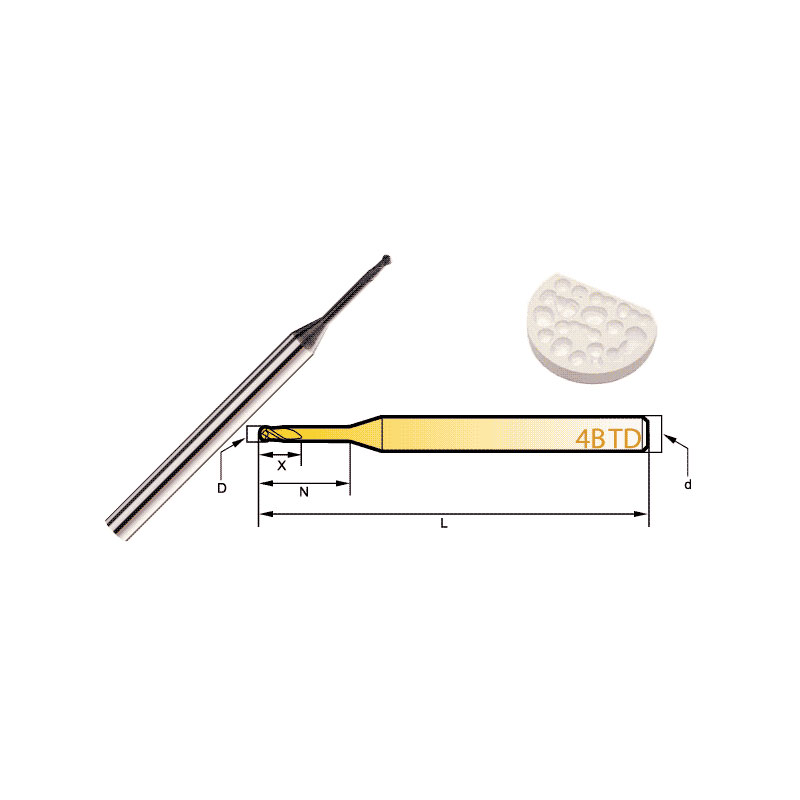
Diamond Bur Ball Round
Product Information Product Name Dental 4-Flute Ball End Mill Brand MSK Model D Number Of BladesZ X N L d 4BTD2060 2 4 6 6 50 3 4BTD2010 2 4 6 10 50 3 4BTD2016 2 4 6 […]
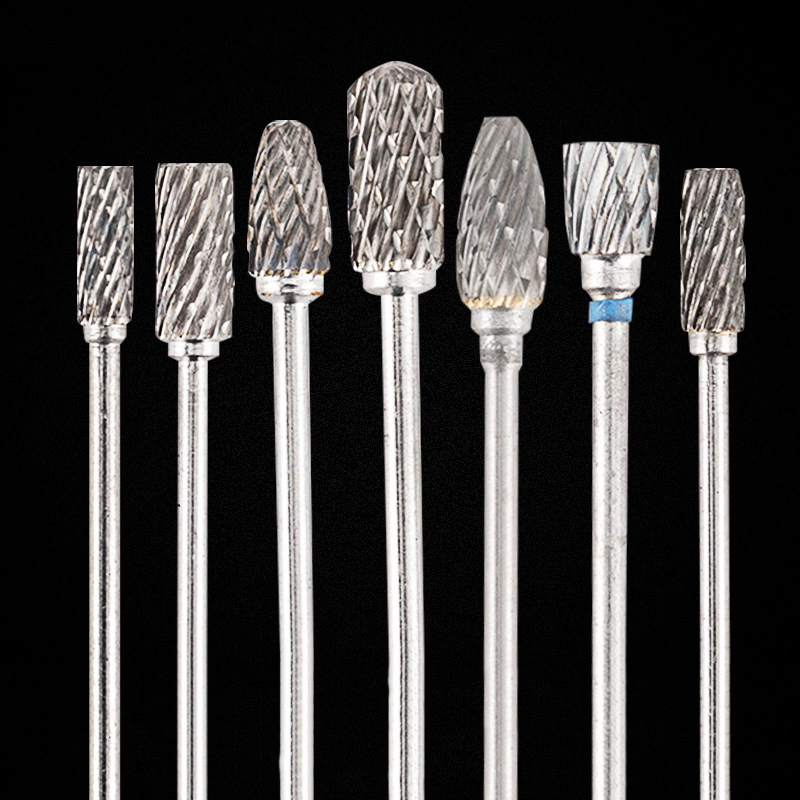
HP Deburring Carbide Burs
Product Information Brand MSK Material Tungsten Steel Model Grinding Head Custom Processing Yes Feature: The dental grinding head is made of tungsten steel with stabl […]
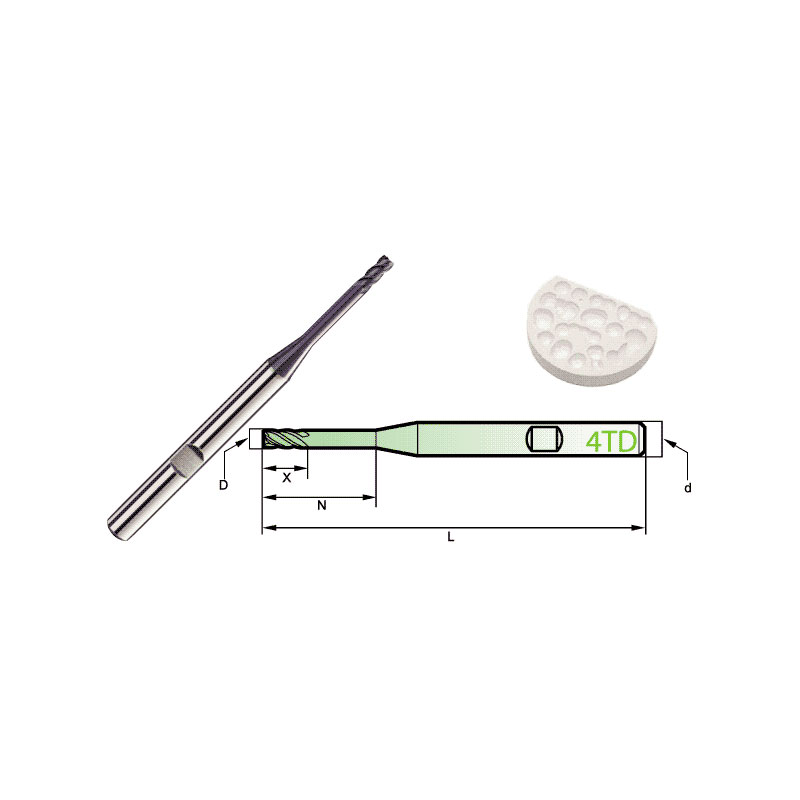
Carbide Roland CAD/CAM Burs
Product Information Origin Tianjing, China Brand MSK Number Of Blades 4 Product Name Dental Special 4-Blade End Mill Model D Number Of Blades Z X N L d 4TD2060HB 2 4 […]
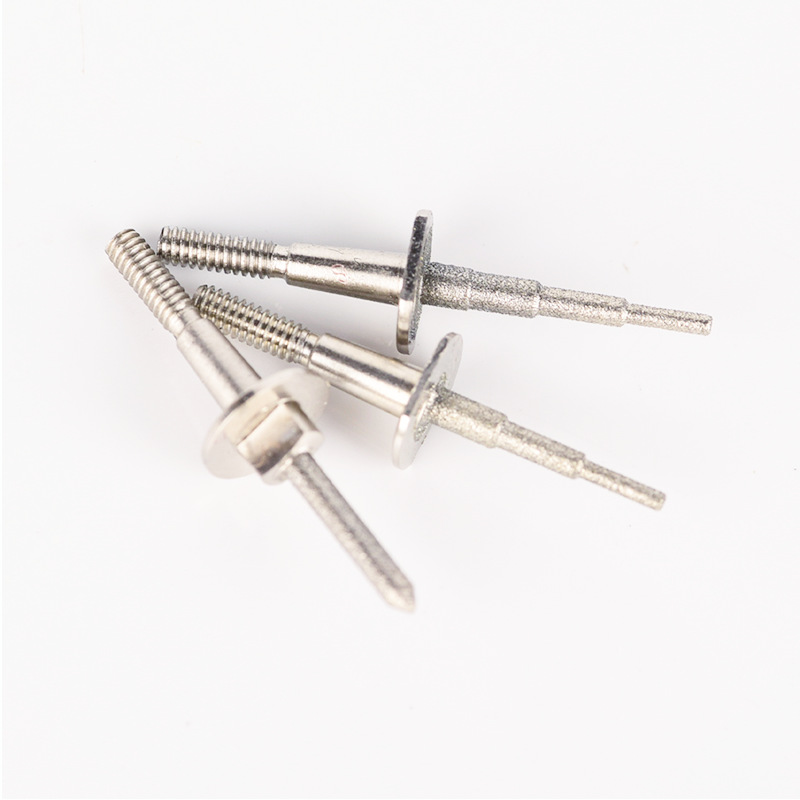
Step Bur Milling Bur Grinder for Glass Cerami
Product Information Origin Tianjing, China Shank Diameter 1.8 (mm) Brand MSK Scope Of Application CEREC3 Grinding Equipment Material Stainless Steel/Carbide Main Sales Areas […]
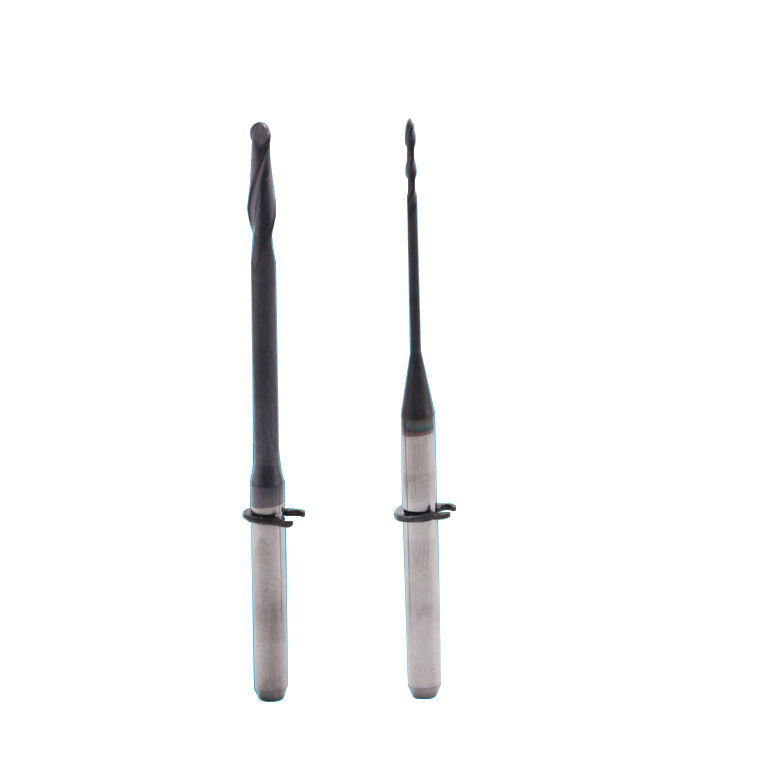
Dental CAD/CAM Milling Burs
Product Information Origin Tianjing, China Material Stainless Steel Brand MSK Applicable Machine Tools A Variety Of Options Custom Processing Yes Whether To Coat No Is It a […]
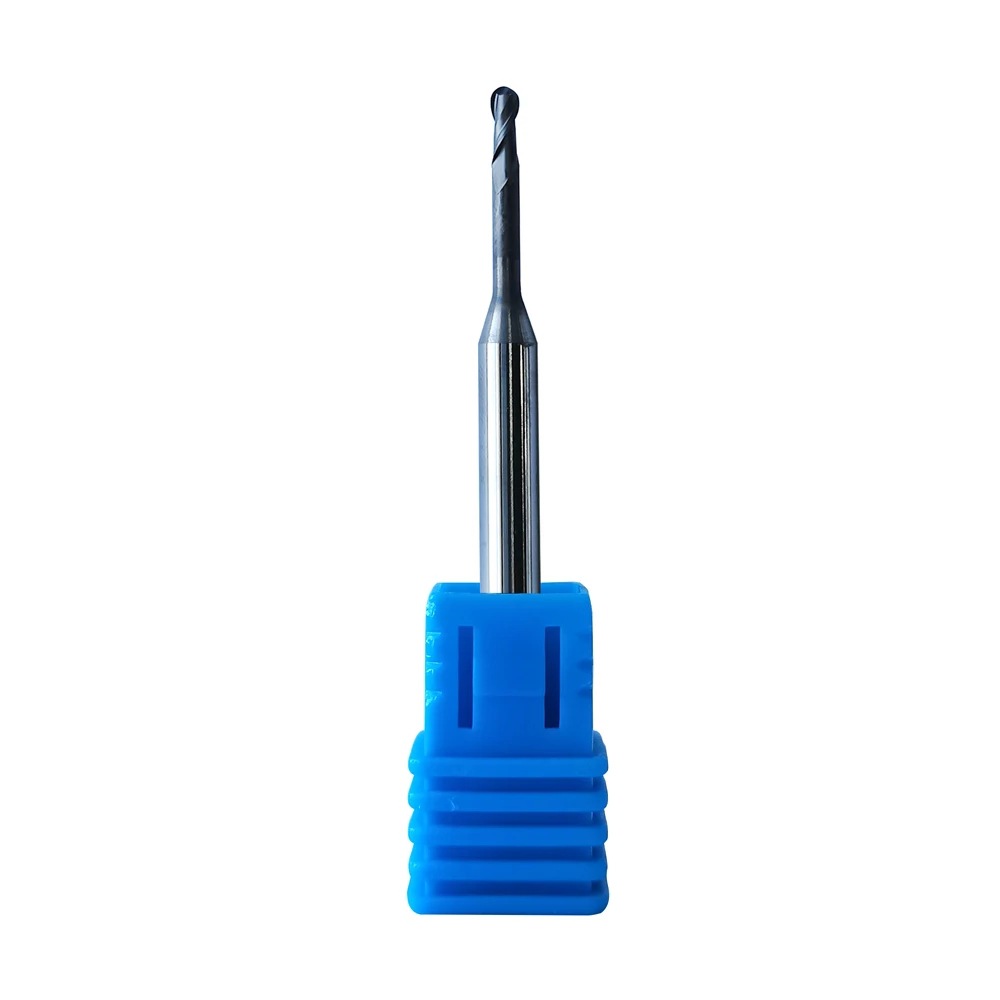
Supply Roland DLC Zirconia Burs
Product Information Origin Tianjing, China Series Dental Bur Brand MSK Cutting Edge Form 2 Blade/3 Blade Ball Diameter (Mm) 0.6, 1, 2 Material Very Fine Grained Cemented Car […]
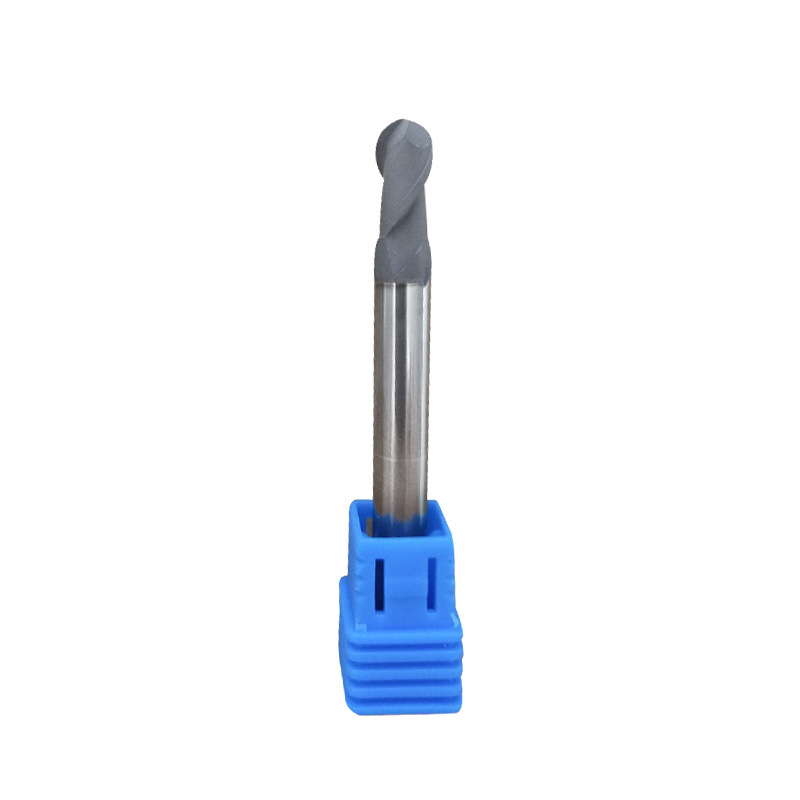
Diamond Coating Round Diamond Cutters
Product Information Origin Tianjing, China Series U Series Brand MSK Cutting Edge Form Helical Structure Ball Diameter (Mm) 3 Material Carbide Minimum Cutting Diameter At Th […]
Post time: 2023-07-29
